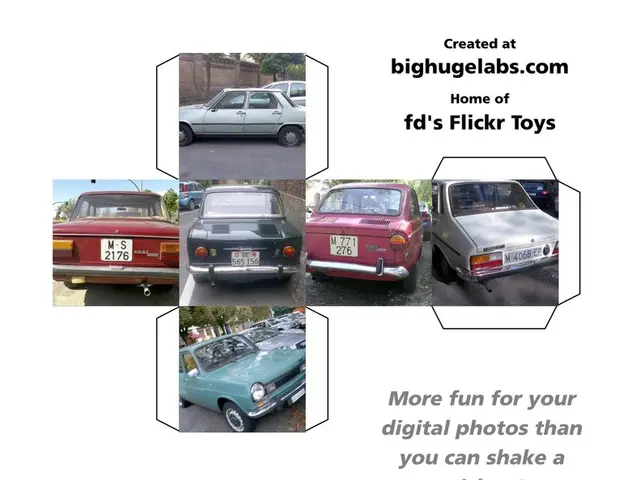Ford Develops Components Utilizing Olive Tree Materials
Ford is taking a significant step towards environmental sustainability with its latest initiative, the COMPOlive project. This project aims to demonstrate the impact of using recycled and renewable materials in auto parts, specifically focusing on olive waste.
The olive waste for this trial was sourced from olive groves in Andalusia, Spain, the region with the highest production of olive oil in the world. Ford engineers in Cologne are currently exploring the use of this waste for auto part prototypes.
The prototype parts consist of 40% olive tree fibers and 60% recycled polypropylene plastic. Preliminary tests have shown that these parts are durable, making them a promising alternative to traditional materials.
Ford has a history of research and innovation in sustainable materials. In fact, some of these sustainable materials have already been used in Ford vehicles. For instance, industry-first soybean-based foam seats and headrests can be found in certain models.
Recycled ocean plastic has been used in wiring harness clips in Ford's Bronco Sport, while post-consumer recycled materials, including yogurt cups, have been used in the Ford Mustang Mach-E frunk insert.
The Road to Better is Ford's plan for a more equitable transportation future. This initiative includes a focus on inclusivity and equity, aiming to create a future where everyone can move freely. Ford's goal is to enable everyone to move freely and pursue their dreams.
Ford's sustainability efforts involve collaboration with global partners, as the company works towards its ambitious goals. The Road to Better is Ford's commitment to a sustainable, inclusive, and equitable transportation future.
As Ford continues to make progress towards these environmental sustainability targets, it's clear that the company is dedicated to finding innovative solutions to reduce waste and promote the use of recycled materials in its products. With the COMPOlive project, Ford is demonstrating its commitment to a more sustainable future, one prototype part at a time.
Read also:
- Solar energy company, Imperium, alongside QORAY Mobility & Energies Solar Business, bolsters Nigeria's environmental future by producing superior solar panels domestically and offering flexible payment options.
- AI Inspection Company, Zeitview, Secures $60 Million Funding for Expansion
- Tension between Trump and Elon Musk subsides as he retracts promise to withdraw federal funding from his businesses
- Escalating energy needs thwarting advancements in climate action for American utility companies








